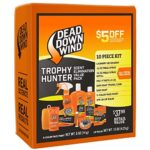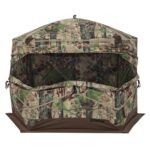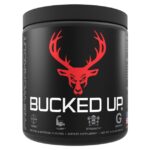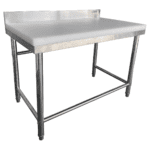Deer feed in bulk offers a cost-effective and convenient way to meet the nutritional needs of large deer populations. From pelleted to loose and mineral supplements, understanding the various types and their benefits can help you make informed choices for your deer management strategy.
Bulk purchasing allows for significant savings, reduces waste, and ensures a consistent supply of high-quality feed. Whether you’re a landowner, wildlife enthusiast, or hunting club, this guide will provide you with the essential information you need to select, store, and handle deer feed in bulk responsibly.
Types of Deer Feed
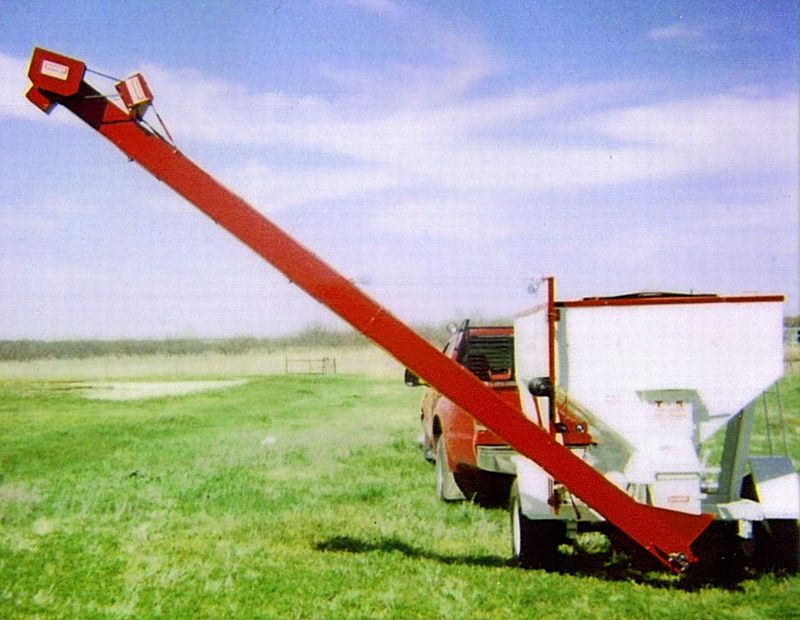

Deer feed in bulk comes in various types, each offering specific nutritional benefits to support deer health and well-being. Understanding the differences between these types is crucial for making informed decisions when selecting the right feed for your deer population.
Deer feed in bulk is a crucial aspect of keeping your deer healthy and thriving. Fallow deer, in particular, are captivating creatures that make excellent pets. To learn more about these enchanting animals, visit Fallow Deer: An Enchanting Pet and a Captivating Species . Their unique characteristics and fascinating behavior will leave you in awe.
When it comes to feeding your deer, choosing the right bulk feed is essential to ensure they receive all the necessary nutrients. Proper nutrition contributes to their overall well-being and allows them to live long and fulfilling lives.
Pelleted Feed
- Pelleted feed consists of compressed and extruded feed ingredients, typically made from a combination of grains, proteins, and supplements.
- It provides a consistent and balanced diet, reducing the risk of selective feeding and ensuring deer receive the necessary nutrients.
- Pelleted feed is easy to store and transport, making it a convenient option for bulk purchases.
Loose Feed
- Loose feed includes grains, seeds, and other unprocessed ingredients that are not pelleted.
- It offers more variety in the diet, allowing deer to choose their preferred ingredients.
- However, loose feed can be more challenging to store and transport due to its bulkiness.
Mineral Supplements
- Mineral supplements are specifically formulated to provide essential minerals and electrolytes that may be lacking in natural deer diets.
- They are typically available in block or loose form and can help maintain bone health, improve antler growth, and support overall deer well-being.
Benefits of Bulk Deer Feed
Purchasing deer feed in bulk offers numerous advantages. Firstly, it can result in significant cost savings compared to purchasing smaller quantities over time. By buying in bulk, you can take advantage of volume discounts and save money on the overall cost of feeding your deer.Furthermore,
bulk purchasing is highly convenient. When you buy deer feed in bulk, you can store it for extended periods, eliminating the need for frequent trips to the store. This can be especially beneficial for those with large deer populations or those who live in remote areas where access to feed stores may be limited.Additionally,
buying deer feed in bulk can help reduce waste. When you purchase smaller quantities, there is a higher chance of leftover feed that may go to waste. By purchasing in bulk, you can minimize the amount of wasted feed and ensure that your deer have a consistent supply of nutritious food.
Considerations for Choosing Bulk Deer Feed: Deer Feed In Bulk
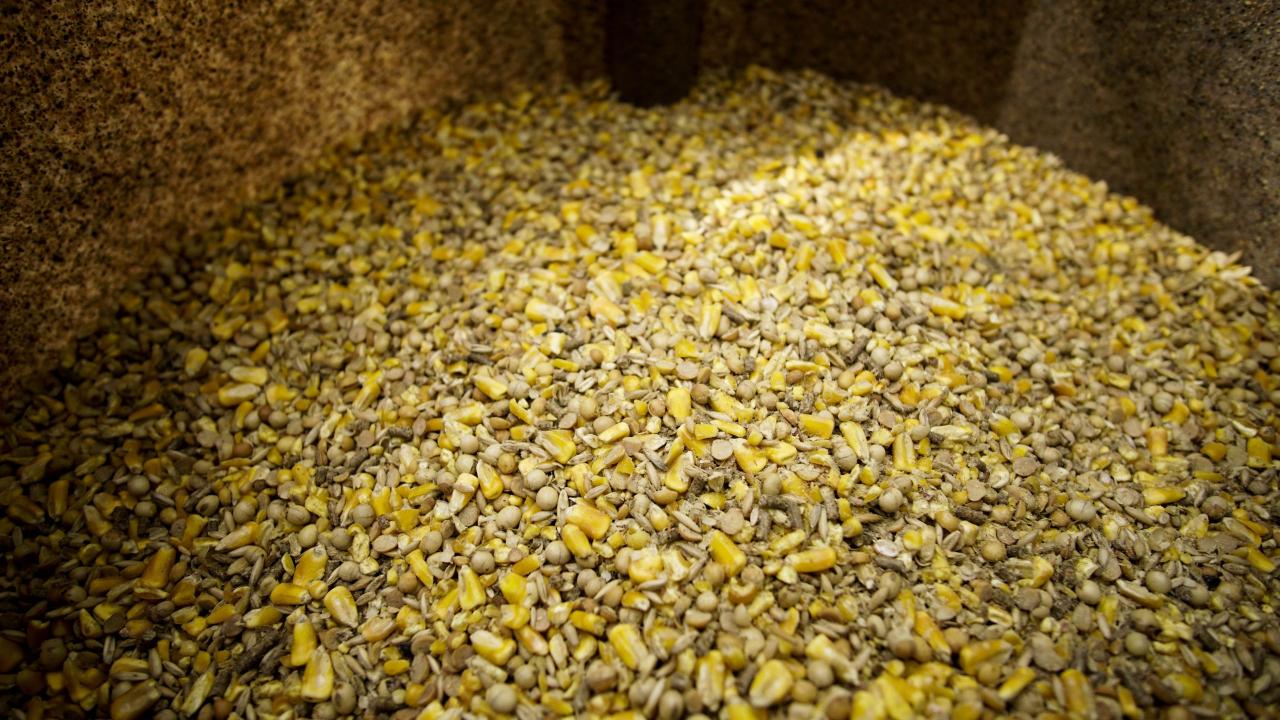

When selecting bulk deer feed, consider factors like the deer species, habitat, and desired results. Different deer species have varying nutritional needs, so choosing a feed formulated specifically for the species is crucial. Additionally, the habitat plays a role, as deer in areas with abundant natural forage may not require supplemental feeding.
Consider the desired results, whether it’s for maintaining a healthy population, attracting deer for hunting, or providing nutrition during winter months.
Quality and Freshness
The quality and freshness of the feed are paramount. Look for feeds made from high-quality ingredients, free from mold or spoilage. Fresh feed is more palatable and nutritious for deer, so check the expiration date and store the feed properly to maintain its freshness.
If you’re looking for deer feed in bulk, you’ll find plenty of options at 73 Pearl Drive: Your Gateway to Coastal Maine . This beautiful property offers a wide variety of deer feed, including corn, soybeans, and oats. You can also find a variety of other hunting supplies at 73 Pearl Drive, so you can stock up on everything you need for your next hunting trip.
Storage and Handling of Bulk Deer Feed
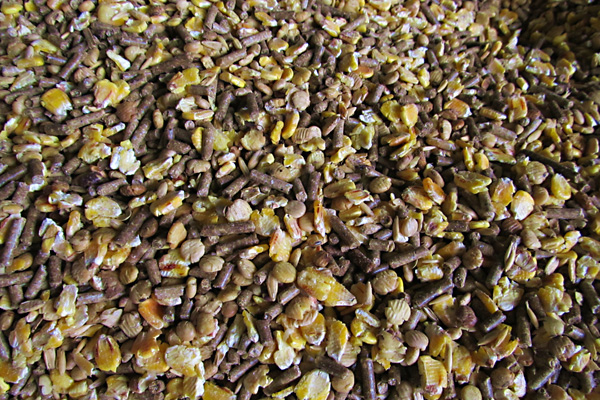

Maintaining the nutritional value and preventing spoilage of bulk deer feed is crucial. Proper storage techniques ensure the feed remains palatable and safe for consumption.
Stocking up on deer feed in bulk is a great way to ensure your local deer population stays well-fed, and healthy. However, it’s important to remember that deer are intelligent animals ( deer intelligence ), and they may not always be willing to eat just anything.
If you’re having trouble getting your deer to eat the feed, try mixing it with some of their favorite foods, such as apples or corn. You can also try placing the feed in different locations around your property to see where they’re most likely to find it.
With a little patience, you’ll be able to find a feeding strategy that works for your deer and helps them stay healthy and strong.
Protecting the feed from moisture, pests, and contamination is essential. Store feed in a dry, well-ventilated area, protected from rain and snow. Consider using sealed containers or tarps to prevent moisture penetration.
Pest Control
Pests like rodents and insects can contaminate feed and spread diseases. Implement pest control measures by regularly inspecting storage areas, sealing any entry points, and using traps or repellents as needed.
Safe Handling and Distribution
Handle bulk deer feed with care to prevent spillage and contamination. Use appropriate equipment for loading, unloading, and distributing the feed. Follow safety guidelines, such as wearing gloves and masks when handling large quantities.
Environmental Considerations
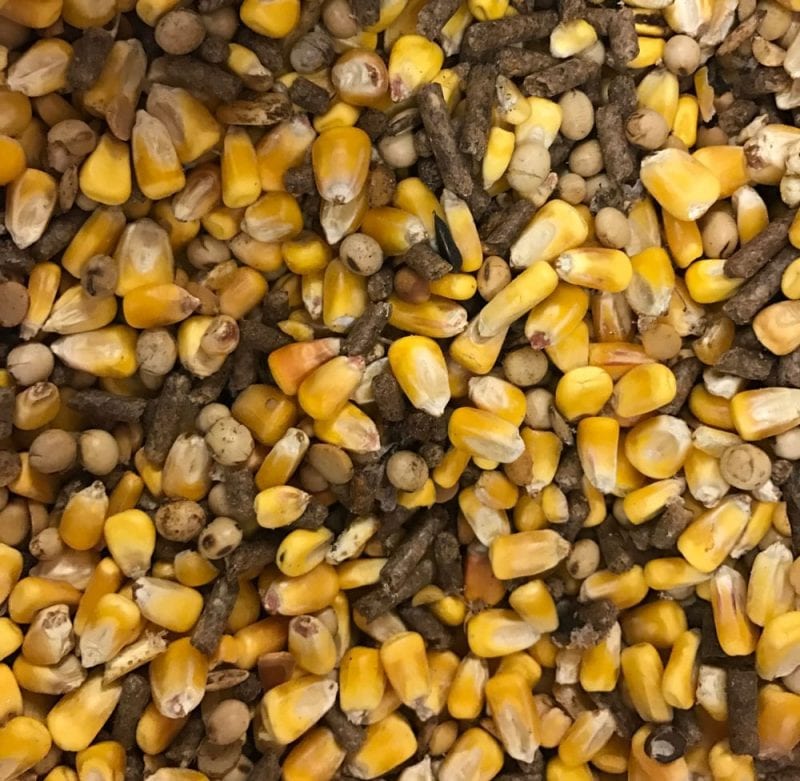

Bulk deer feeding can have potential environmental impacts, including nutrient runoff and habitat alteration. It’s crucial to adopt responsible feeding practices to minimize these impacts.
Nutrient Runoff, Deer feed in bulk
Feeding deer in concentrated areas can lead to excessive nutrient deposition, which can harm water quality and aquatic ecosystems. Nutrients like nitrogen and phosphorus from uneaten feed and deer waste can leach into waterways, causing eutrophication and algal blooms. To mitigate this, feeding should be done in designated areas away from water sources, and the amount of feed provided should be carefully managed to avoid overfeeding.
Habitat Alteration
Establishing deer feeding sites can alter natural vegetation patterns. Deer may concentrate in feeding areas, leading to overgrazing and damage to native plant communities. This can disrupt ecosystem balance and reduce biodiversity. To minimize habitat alteration, feeding sites should be rotated regularly and located in areas with minimal impact on sensitive habitats.
Final Review
By considering the specific needs of your deer population, habitat, and environmental concerns, you can implement a bulk deer feeding program that promotes the health and well-being of your deer while minimizing potential impacts on the ecosystem.
FAQ Summary
What are the different types of deer feed available in bulk?
Bulk deer feed comes in various forms, including pelleted, loose, and mineral supplements. Pelleted feed is highly concentrated and provides a balanced diet, while loose feed offers more flexibility in mixing and customizing. Mineral supplements are essential for providing essential nutrients that may be lacking in natural forage.
How do I choose the right bulk deer feed for my needs?
Consider the species of deer, their habitat, and your desired results when selecting bulk deer feed. For example, white-tailed deer have different nutritional requirements than mule deer, and feeding during winter months may require a higher energy content.
How should I store and handle bulk deer feed?
Store bulk deer feed in a cool, dry place to maintain its nutritional value and prevent spoilage. Protect it from moisture, pests, and contamination. Use proper handling techniques to avoid spills and ensure the feed is distributed safely.



